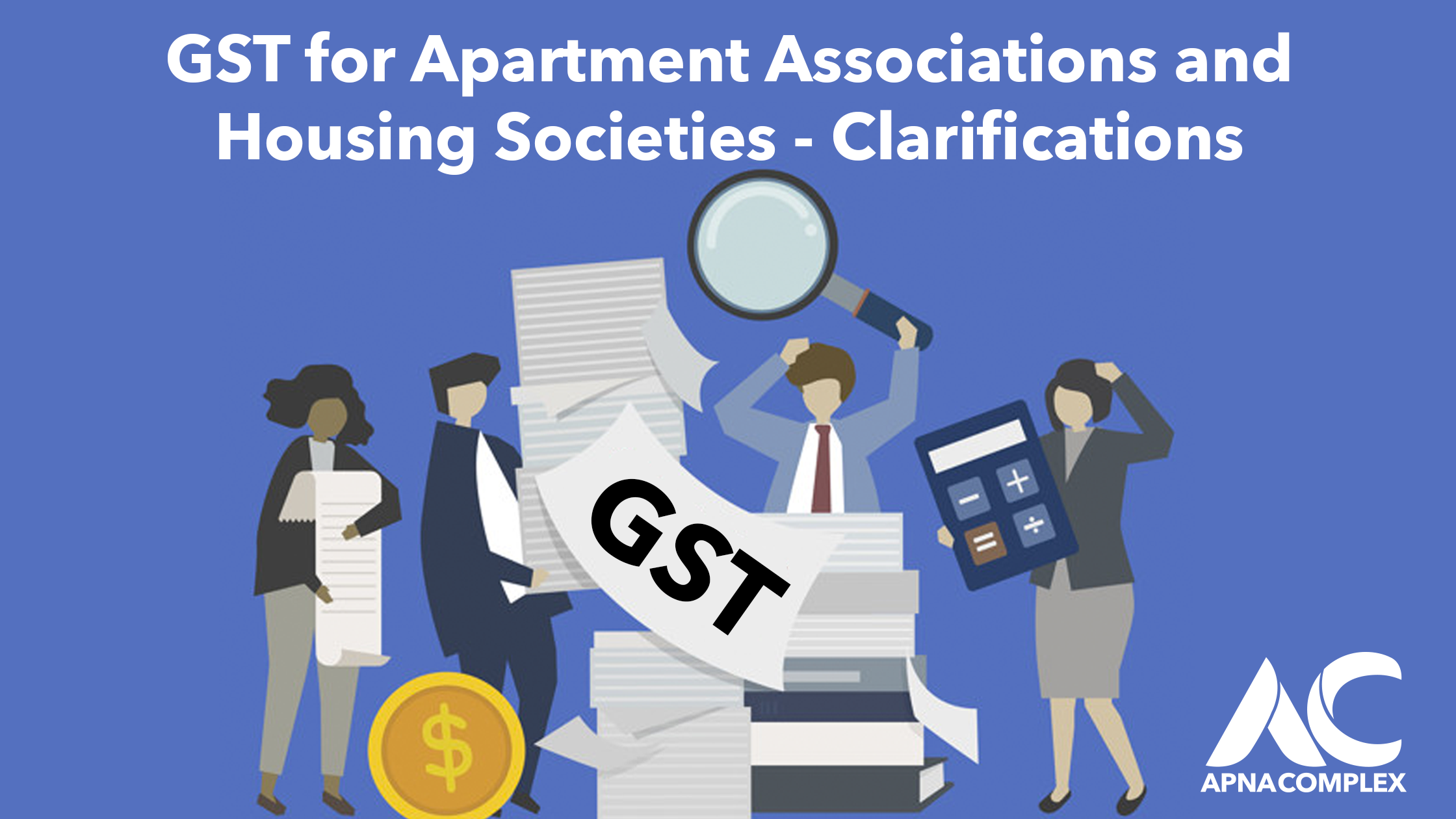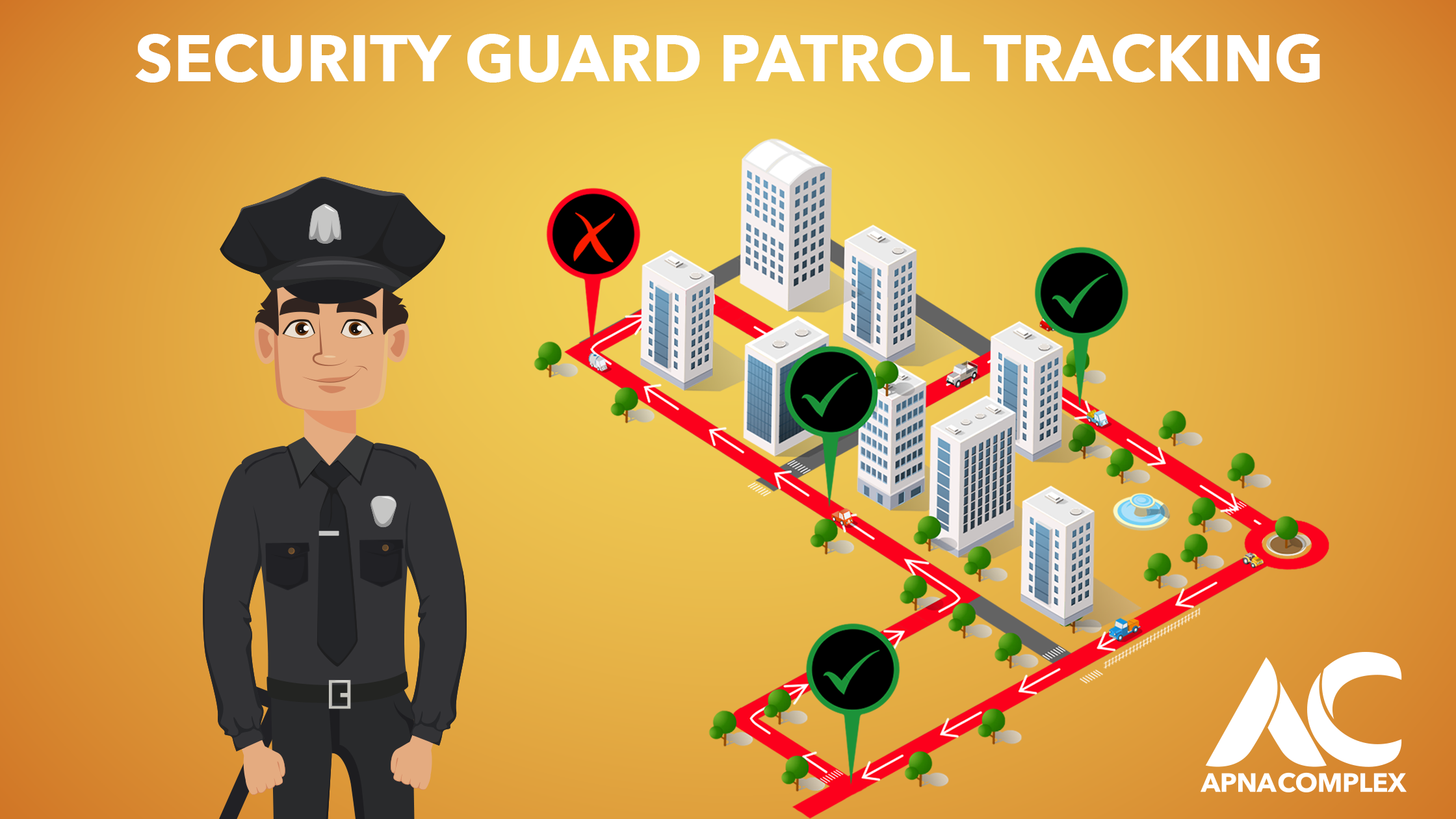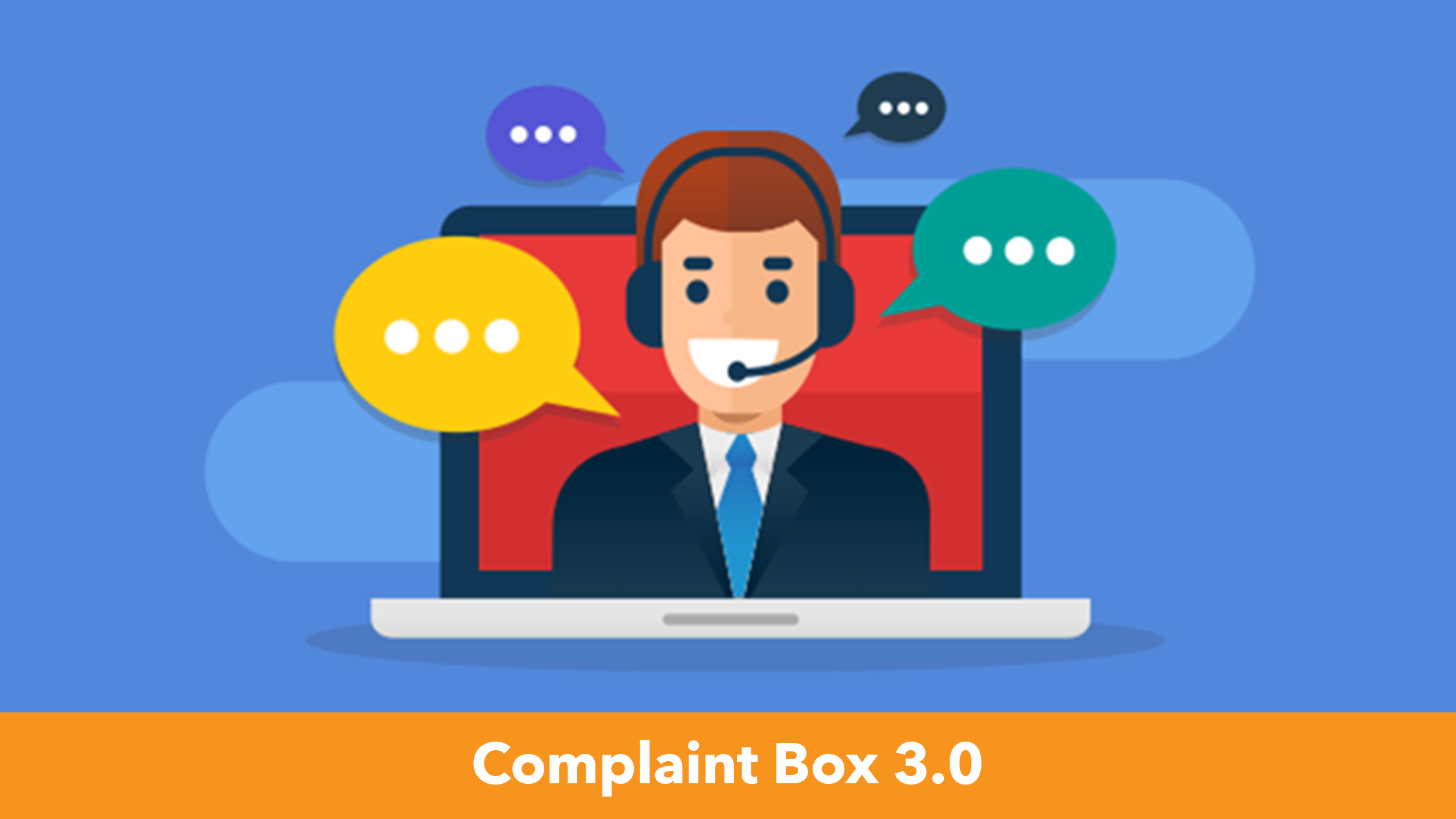28
Jul, 2019
GST for Apartment Associations and Housing Societies – Clarifications
Apartment, Apartment Accounting Software, Apartment Association Acts, Apartment Management, Apartment Management Software, Apartment Owners Association, Bangalore, Chennai, Financial, GST, Housing Society Software, Hyderabad, Legal, Maintenance Charges, Pune, Society Accounting Software, Society Billing Software
14
Jul, 2019
Security Guard Patrol Tracking – India’s First App based Patrol tracking solution for Apartment Societies.
Apartment, Apartment Management, Apartment Management Software, Apartment Owners Association, Apartment Secuirty, Apartment Security, Bangalore, Chennai, Gatekeeper, Housing Society, Housing Society Software, Hyderabad, Pune, Smart Living Tips, Smart Society
8
Mar, 2019
Women’s Day Special: Exclusive interview with Super Women at ApnaComplex
Apartment, Apartment Accounting Software, Apartment Association Acts, Apartment Management Software, Apartment Owners Association, Apartment Secuirty, Bangalore, Chennai, Community Living, Facility Management, Federation Management Software, Gatekeeper, Housing Society Software, Hyderabad, Pune, Smart Society, Society Accounting Software, Society Billing Software, Software
16
Feb, 2019
7 Powerful Guidelines for Cash Locker and Almirah placement that you should apply Now!
Apartment, Apartment Accounting Software, Apartment Association Acts, Apartment Management, Apartment Management Software, Apartment Owners Association, Bangalore, Chennai, Facility Management, Federation Management Software, Housing Society, Housing Society Software, Hyderabad, Pune, Smart Living Tips, Smart Society, Society Accounting Software, Society Billing Software
13
Feb, 2019





